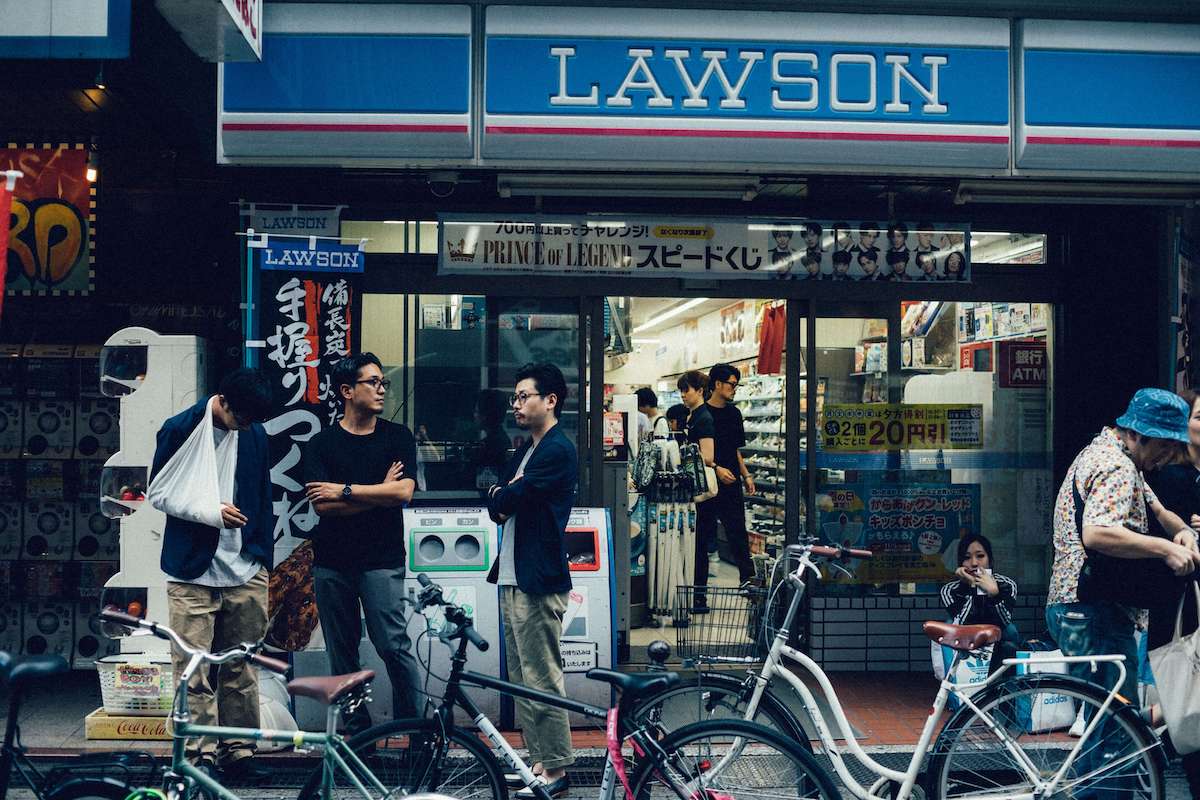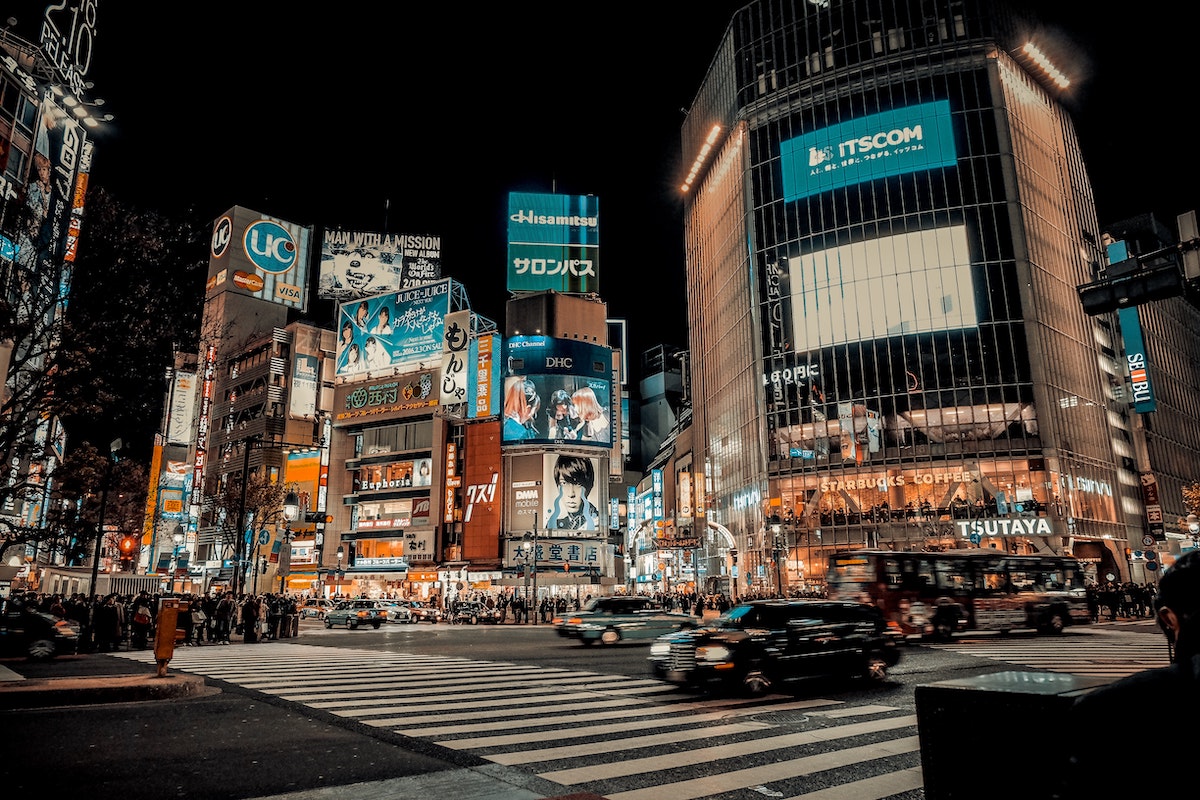Public places and the workspace, hanging with friends, going shopping, you will without a doubt hear these phrases while out and about.
Check out their meanings one by one!
Konnichiwa,Hajimemashite,Sayounara meaning 【Japanese greetings】

Greeting = 挨拶(Aisatsu)
Greeting someone is, of course, a normal part of every culture but in Japan it is taken to the next level.
If you come to Japan whether it be on vacation, to live, or any other reason, being able to do a proper greeting is the first step toward making new connections with people in Japan. Let’s master these words so we can use them when you come to Japan!
Ohayō gozaimasu(おはようございます)
・Good morning
Generally said between dawn and before lunchtime.
*Can also be used as a greeting when arriving to work regardless of the time of day. **Also, try to only use this before 11am when being used as a general greeting.
People may think that late Ohayō gozaimasu user’s are lazy in the morning!
A: Good morning, A
B: Good morning, B.
Konnichi wa(こんにちは)
・Hello / Good afternoon
First, there is “Konnichiwa”.
This Japanese greeting is very widely known around the world so you may have heard it before!
Used around lunchtime and before dusk.
A: Hello, B.
B: Hello. I saw your sister over there.
A: Oh! I think she just finished school.
Konban wa(こんばんは)
・Good evening.
Can be said from sunset until the dawn of the following day.
A: Good evening.
B: Good evening. It’s cold tonight so don’t catch a cold, ok?
A: Thank you.
Hajimemashite(はじめまして)
・Nice to meet you
Only said at the very first meeting with a new person.
Ayano: Hey, Tom.This is my friend Becky.
Tom: Hi. It’s nice to meet you, Becky.
Becky: Hi, it’s nice to meet you too.
Genki desu ka?(元気ですか?)
・How are you?
This is usually used as a follow up to こんにちは(Konnichiwa), etc.!
If you use it with friends, it is similar to “What’s up?” The response to 元気(Genki)? is almost always 元気!
A: Hey, Ayano. It’s been a long time. How are you?
B: Hey, Tom. I’m well! How are you??
Arigatō gozaimasu(ありがとうございます)
・Thank you
“Arigatō Gozaimasu” is a polite way of saying “thank you”.
If you want to be more casual, you can say “Arigatō”.
These words are used in all kinds of different places!
Mum: Happy birthday, Ayano. Here is your present.
Ayano: Oh wow!! Thank you, Mum. I love you.
Hai / Iie(はい / いいえ)
・Yes / No
While I’ve been studying English, one thing that continues to bewilder me is the usage of “Yes” and “No”.
In Japanese, when a question is asked in a negative form, it is normal to respond in a positive manner.
A: Nihonjin janai desu ka? (You aren’t Japanese? )
B: Hai, sou desu. (Yes, that’s right.)
If a similar question is asked in English, would the answer be the same?
I think it would be something like this:
A: You aren’t Japanese?
B: No, I’m not.
An English question asked in negative form is also answered in negative form.
A: Has he not replied yet?
B: Yes, that’s right (JPN). VS No, he hasn’t. (ENG)
English’s “Yes” and “No” are in regard to the reality of the situation.
Sayounara(さようなら)
・Goodbye / Farewell
Only used when you expect to not see a person for an extended amount of time.
*(rare exception) -> さようなら is also said by and to your teachers at the end of class / the school day.
A: Thank you for helping me with my homework yesterday.
B: Haha anytime! I’ll see you tomorrow.Good bye!
A: Good bye.
Sumimasen(すみません)
・Excuse me / Sorry / Pardon me
Used as an apology or when trying to get the attention of someone, i.e., asking a person on the street for directions or a waiter/waitress at a restaurant.
A: Excuse me (Pardon me) Where is the closest convenience store from here?
B: Oh. Just go straight from here and there will be one on your left.
A: Aw,Thank you so much.
A: Oh! Sorry!
B: It’s fine. Be careful, ok?
Gomennasai(ごめんなさい)
・I’m sorry
“Gomen nasai” is a very expression.
When talking with friends or others close to you it is common to use “gomen na”.
However, if you are truly hoping for forgiveness for something you have done, even if you are with friends it is good to use “gomen nasai”.
Use this when you want to apologize for a mistake you made and are hoping for forgiveness.
A: Did you eat my chocolate?
B: I’m sorry. I didn’t know it was yours.
A: It’s okay. Just go buy me a new one!
When you come to Japan, by all means use these phrases to meet new people and make new friends along the way!
Thank you for reading <3


